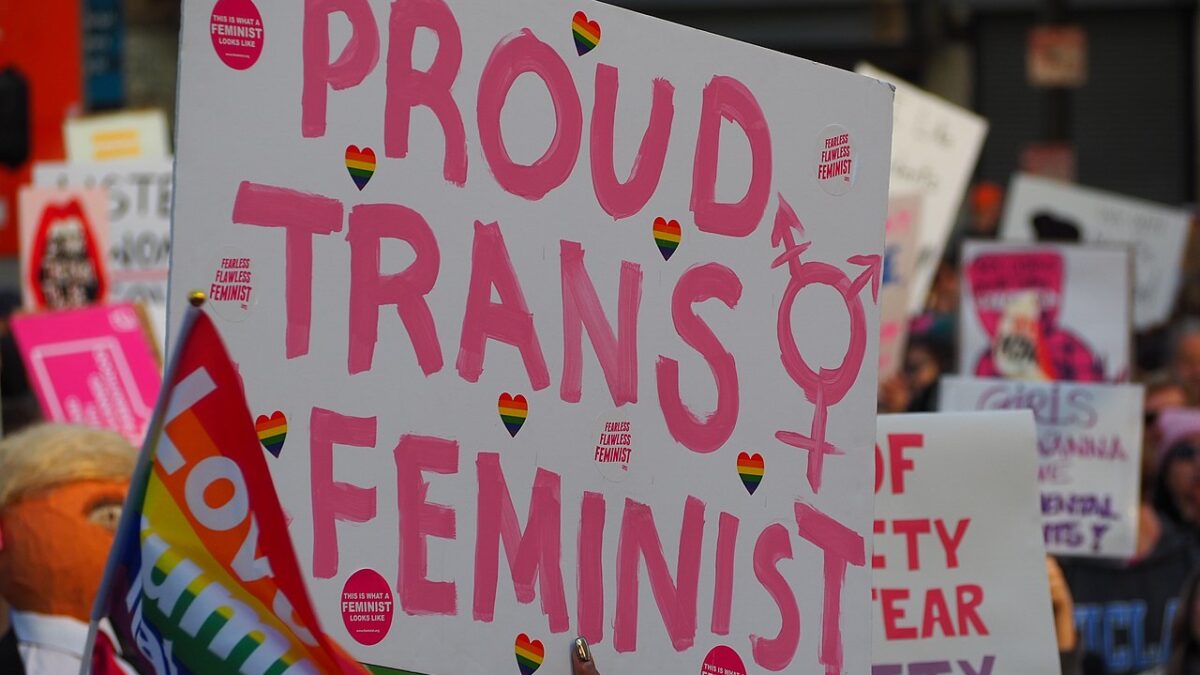
Ladies beware: Manic Pixie Dream Boys are real, and they’re growing in numbers. You know the type: He’s commitment-shy, wears a backpack, but doesn’t carry a cell phone. He’s fueled by wanderlust and is constantly jumping from adventure to adventure. He strikes up conversations about Derrida with strangers on the metro and is continually “between apartments.”
In a piece for The Cut, Anna Breslaw describes the MPDB as “the self-mythologizing ‘free-spirited’ dude who’s determined to make your life magical, whether you want it or not.” Breslaw explains that while they may be fun for a season, it’s never going to work out in the long-term, because when we reach our 30s, we want a sustainable relationship with a man who remembers to pay the bills and isn’t afraid of commitment. Her message is loud and clear: the MPDB is no dreamboat; stay away.
Eccentric Female Characters Versus Men Who Have Failed To Launch
By now, we’ve all come to know the Manic Pixie Dream Girl (MPDG). She’s a stock character whose entire on-screen presence is dedicated to cheer up her male counterpart. She’s quirky, she’s charming, she’s unstable. The MPDG is a hot mess. She can’t remember appointments, she’s perpetually on the verge of falling apart, but it’s these messy components of her personality that make her charming. She may be a bit of a basket case, but she’s a cute basket case whose forgetfulness reminds us of what is truly important.
She also doesn’t exist on her own. Her sole purpose is to bring meaning and substance to a male protagonist, or help him get from being a zero to a hero. The origins of the term MPDG date back to a review on the 2007 film “Elizabethtown,” and was used to describe Kirsten Dunst’s character in the film. Since then, the trope has been overused to the point where the creator of the term has wished he had never coined it. The term MPDG is used to describe a sexist plot: the idea that a female character solely exists to help her male counterpart to get out of his slump and hit his stride.
While the MPDG exists only on screen, the male version exists all too often in real life. Breslaw touches on some of the gender disparities among college graduates, and she alludes to the realities of the wage gap: in 39 of the 50 largest U.S. cities, childless women earn more than men:
But perhaps instead of letting such behavior bother us, we should recognize that the MPDB deserves our pity. Someone who forsakes being an actual person, instead choosing to be a collection of affected eccentricities with the compulsive need to display them to women might just be (bear with me, it’s far-fetched) slightly insecure.
MPDBs certainly deserve our pity. We’ve created a society that favors girls in the classroom and discourages men from reaching their potential. From the very beginning, boys are being robbed of the opportunity to thrive and are being forced into becoming the charming sidekick to ambitious, career-oriented women.
Our Educational System Browbeats Little Boys
It’s no secret there are far more female college graduates than male ones. In 2012, About 34 percent more women graduated from college than men, and the gender disparity is expected to increase. By 2023, the Department of Education reportedly expects 47 percent more women to earn a college degree than men. These statistics have contributed to what has been called the dating apocalypse among millennials. Jon Birger of The Washington Post writes:
There are now 5.5 million college-educated women in the United States between the ages of 22 and 29 vs. 4.1 million such men. In other words, the dating pool for straight, millennial, college graduates has four women for every three men.
As it turns out, school is rigged to benefit girls from the very beginning, and by eighth grade, “48 percent of girls receive a mix of A’s and B’s or better. Only 31 percent of boys do.” Among 15-year-old students in wealthy countries, “boys are 50% more likely than girls to fall short of basic standards in all three areas [math, reading, and science].”
Among the contributing factors to this phenomenon are social pressures. Girls are expected to do well in school, while boys are expected to spend less time on homework and more time playing video games. These pressures act like a self-fulfilling prophecy. Girls read more and spend more time on homework each week, while boys are more likely to receive failing grades and find it boring or frustrating. Consequently, the average eleventh-grade boy writes at the level of an eighth-grade girl, and boys are one-third more likely to drop out of high school before completing it.
It’s not just classroom expectations or social pressures spurring girls into performing better. As it turns out, teachers are discriminating against boys, too. They grade boys’ tests more harshly than girls’, even when boys do better on the test than their female classmates.
How can we expect men to get into and finish college when we don’t expect them to do well during their time in elementary school? Like watching a car accident in slow motion, the decrease in male college graduates has been a long time coming. Boys are being set up to fail before they reach adulthood.
Breslaw is right: MPDBs ought to be pitied, because they’re stuck in an education system that’s failing them. They are being forced to play second fiddle to their more successful girlfriends and are pretending to like it, but pitying them after we dump them in our mid-twenties is useless.
We should feel bad for the eleventh-grade boy who can barely keep up with the girls three grades behind him. Our hearts should go out to all of the boys who have no chance of making it to college because they’ve been falling behind in the classroom from the start. We should feel bad for all the guys who feel frustrated in the classroom and aren’t expected to succeed. More importantly, we should change the way boys experience school so they can become more than the MPDB.









